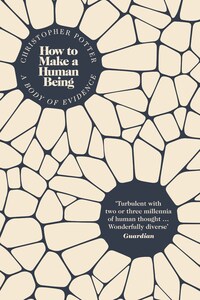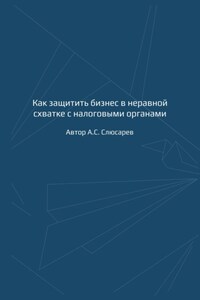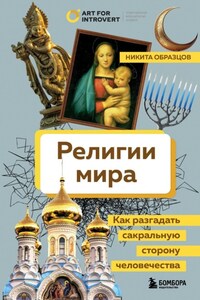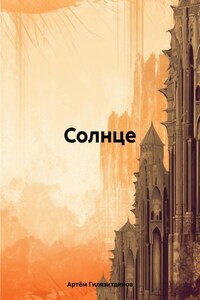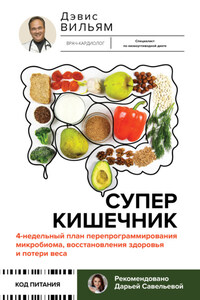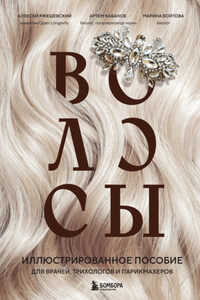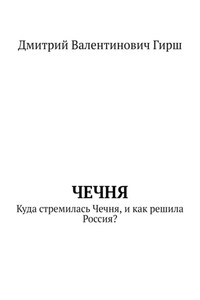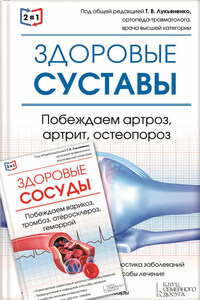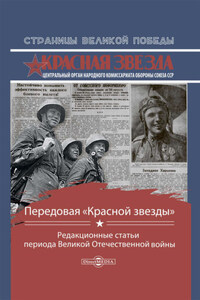Fourth Estate
An imprint of HarperCollinsPublishers 77–85 Fulham Palace Road, Hammersmith, London W6 8JB
www.4thestate.co.uk
First published in Great Britain by Fourth Estate in 2014
Copyright © Christopher Potter 2014
Christopher Potter asserts the moral right to be identified as the author of this work
A catalogue record for this book is available from the British Library
All rights reserved under International and Pan-American Copyright Conventions. By payment of the required fees, you have been granted the non-exclusive, non-transferable right to access and read the text of this e-book on screen. No part of this text may be reproduced, transmitted, down-loaded, decompiled, reverse engineered, or stored in or introduced into any information storage and retrieval system, in any form or by any means, whether electronic or mechanical, now known or hereinafter invented, without the express written permission of HarperCollins.
Source ISBN: 9780007447794
Ebook Edition © MARCH 2014 ISBN: 9780007447800
Version: 2015-02-02
There is only one sort of stuff, namely matter – the physical stuff of physics, chemistry and physiology.
Daniel Dennett, philosopher
There is only one kind of stuff in the universe and it is physical. Out of this stuff come minds, beauty, emotions, moral values – in short the full gamut of phenomena that gives richness to human life.
Julian Baggini, philosopher
The laws of physics have conspired to make the collisions of atoms produce plants, kangaroos, insects and us.
Richard Dawkins, biologist
1 | All of reality is nothing more than an arrangement of particles. Our physical and mental life must be made out of particles because there is nothing else. Everything comes down to what the particles are. Work that out and you know all there is to know.
2 | Bishop Berkeley’s>1 strongest claims to whatever fame is still attached to his name are his theory of immaterialism – that material objects exist only because there is a mind that perceives them – and his ‘proof’ that there is nothing the world can be made out of. If the world is material and made out of some type of smallest thing, some particle, then whatever that smallest particle is, it must extend into space, since it is in the nature of all material things that they take up room. Furthermore it must be possible in principle, even if we don’t know how to do it in practice, to divide these particles into smaller particles; because however small any particle might be, we can imagine some part of it taking up less space. And so the search to find the smallest particles out of which the fabric of the material world is woven must be endless. The argument does not necessarily claim the world as spirit, so much as point out that a material world must be some kind of an illusion: not that the world does not exist, but that it is not what it appears it be.
There is no there there.
Gertrude Stein (1874–1946), poet and novelist>2
I have followed the materialist story of our origin – nay, of my origin. But I have grave misgivings. As an act of faith it requires so much.
John Eccles (1903–97), neurophysiologist
I said that the latest advances in science seemed to have made materialism untenable, and that the most likely outcome was still the eternal life of the soul and reunion beyond the grave.
Marcel – Proust’s narrator – to his grandmother in Remembrance of Things Past
